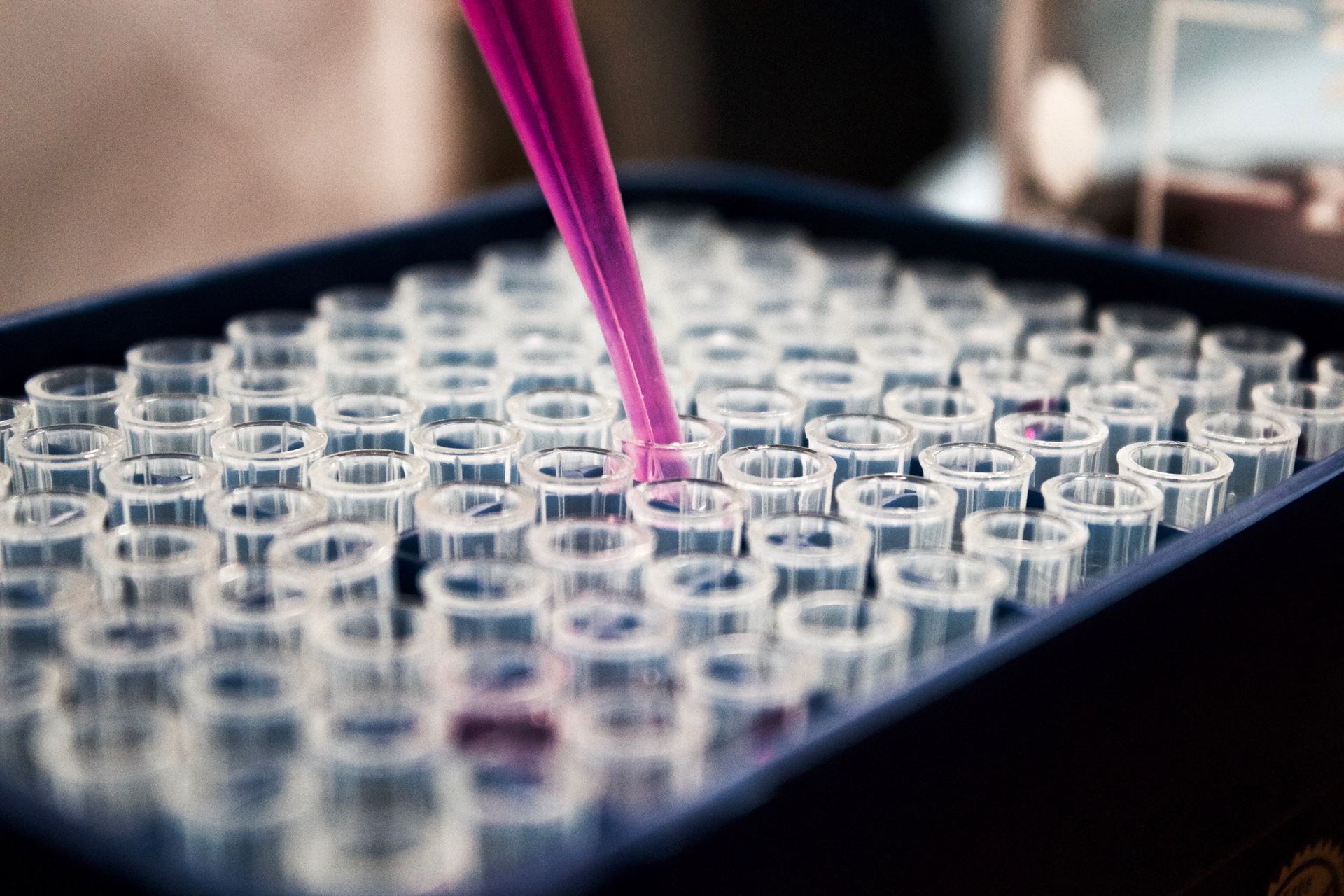Test Results
Results Of Tests And Investigations
If you have had a recent X-ray, swabs or blood tests you may obtain the results by filling out a Patient Triage Request. Please note we no longer advise patients of their test results over the telephone.
What happens to my results?
They are checked the day they arrive in by the on-call GP for any urgent action needed. If this is the case the on-call GP will deal with them. If there is no urgent action needed the results then go to your named GP who will review them for any action needed.
We will only contact you if there is anything abnormal in those results or if any action is needed.
If they are all satisfactory we will not be in touch.
How can I get my results?
Please note that where tests have been requested by hospital doctors the results are not always made available to us until the time of your next outpatient appointment.
A variety of tests can be performed either at the surgery or on behalf of the surgery.
There are a variety of timescales that these different tests will be reported on. Generally a result will be available within five days.
Your GP may contact you with the result if he/she needs to see you for further treatment.
However, it is possible that the GP will leave a message or information for you to come in to the surgery for an appointment.
Some results such as Cervical Cytology are always notified by post. These are currently taking 6 to 8 weeks to report.

Blood Tests
A blood test is when a sample of blood is taken for testing in a laboratory. Blood tests have a wide range of uses and are one of the most common types of medical test. For example, a blood test can be used to:
- assess your general state of health
- confirm the presence of a bacterial or viral infection
- see how well certain organs, such as the liver and kidneys, are functioning
A blood test usually involves the phlebotomist taking a blood sample from a blood vessel in your arm and the usual place for a sample is the inside of the elbow or wrist, where the veins are relatively close to the surface. Blood samples from children are most commonly taken from the back of the hand. The childs hand will be anaesthetised (numbed) with a special cream before the sample is taken.
You can find out more about blood tests, their purpose and the way they are performed on the NHS Choices website.
X-Rays
An X-ray is a widely used diagnostic test to examine the inside of the body. X-rays are a very effective way of detecting problems with bones, such as fractures. They can also often identify problems with soft tissue, such as pneumonia or breast cancer.
If you have an X-ray, you will be asked to lie on a table or stand against a surface so that the part of your body being X-rayed is between the X-ray tube and the photographic plate.
An X-ray is usually carried out by a radiographer, a healthcare professional who specialises in using imaging technology, such as X-rays and ultrasound scanners.
You can find out more about x-ray tests, how they are performed, their function and the risks by visiting the NHS Choices website.
NHS App
The new, simple and secure way to access a range of NHS services on your smartphone or tablet.
Use the NHS App to:
Check your symptoms
fFnd out what to do when you need help urgently
Book and manage appointments at your GP surgery
Order repeat prescriptions
View your GP medical record securely
View your test results
Register to be an organ donor
Choose how the NHS uses your data
Page created: 23 June 2020